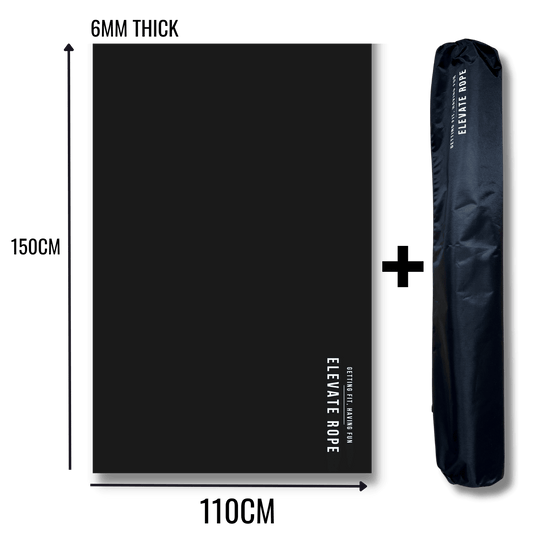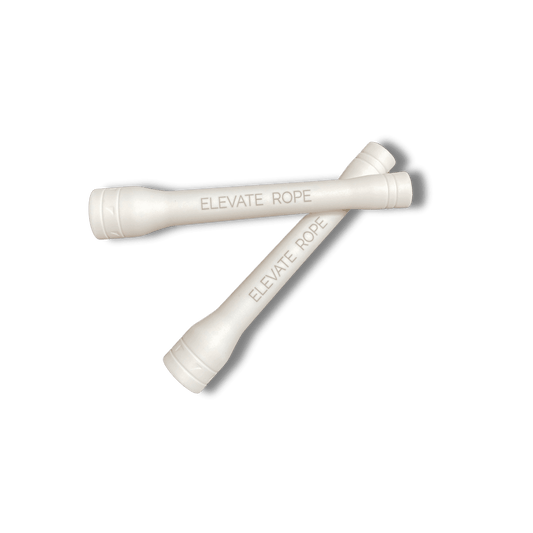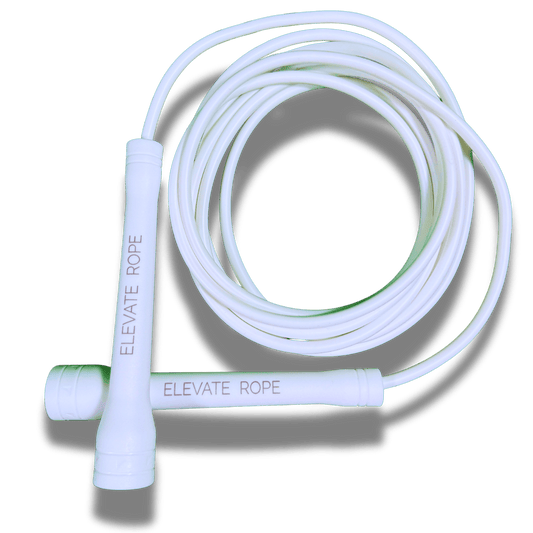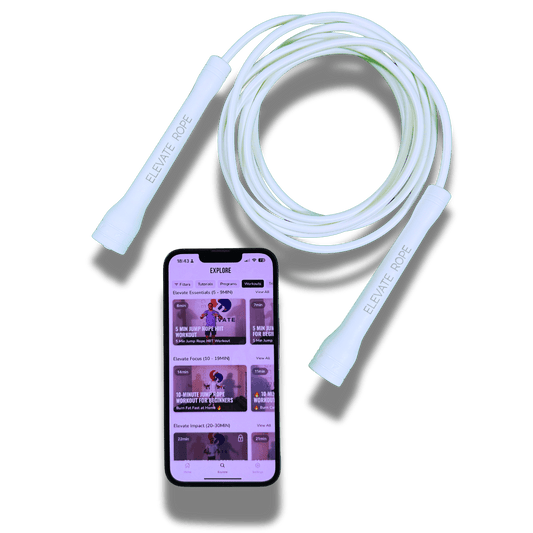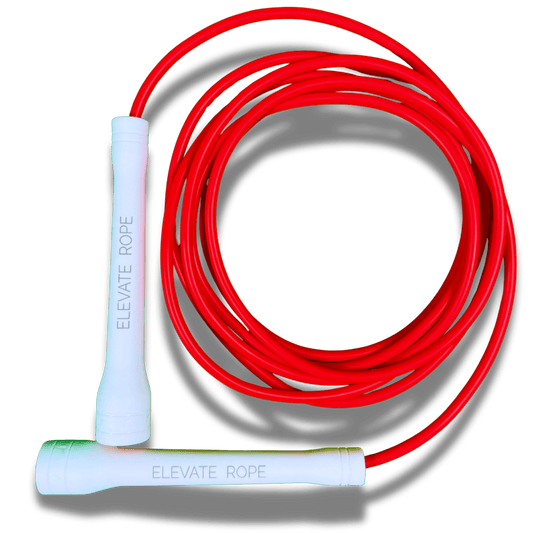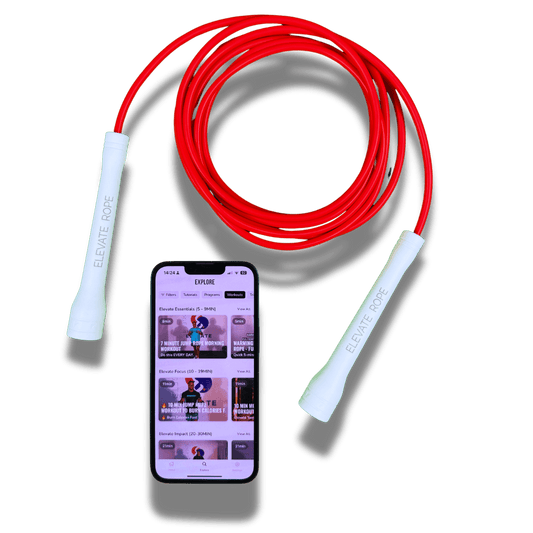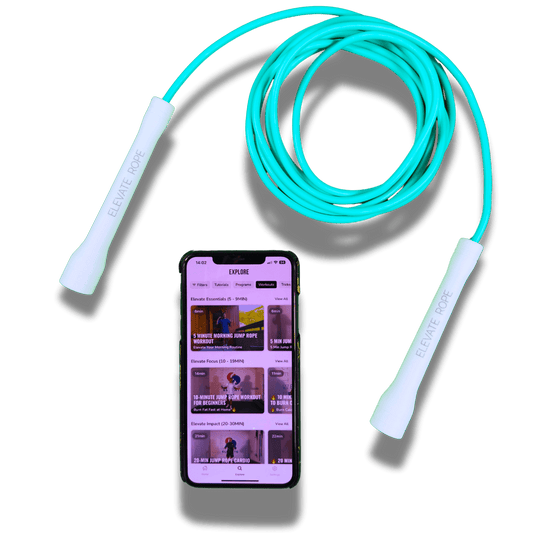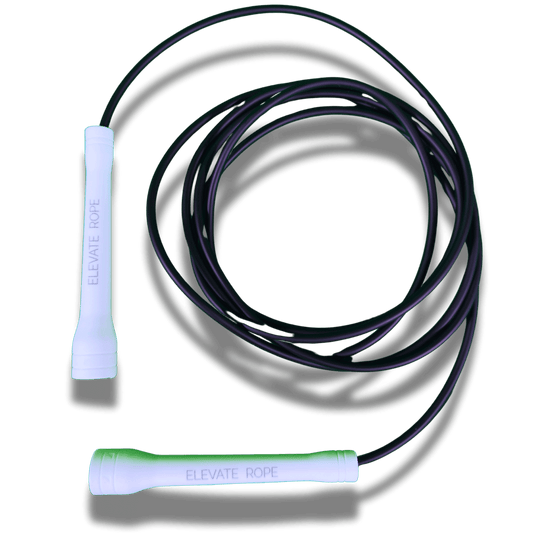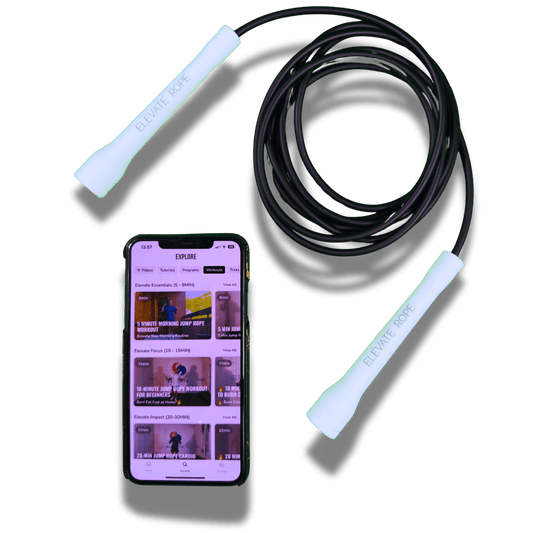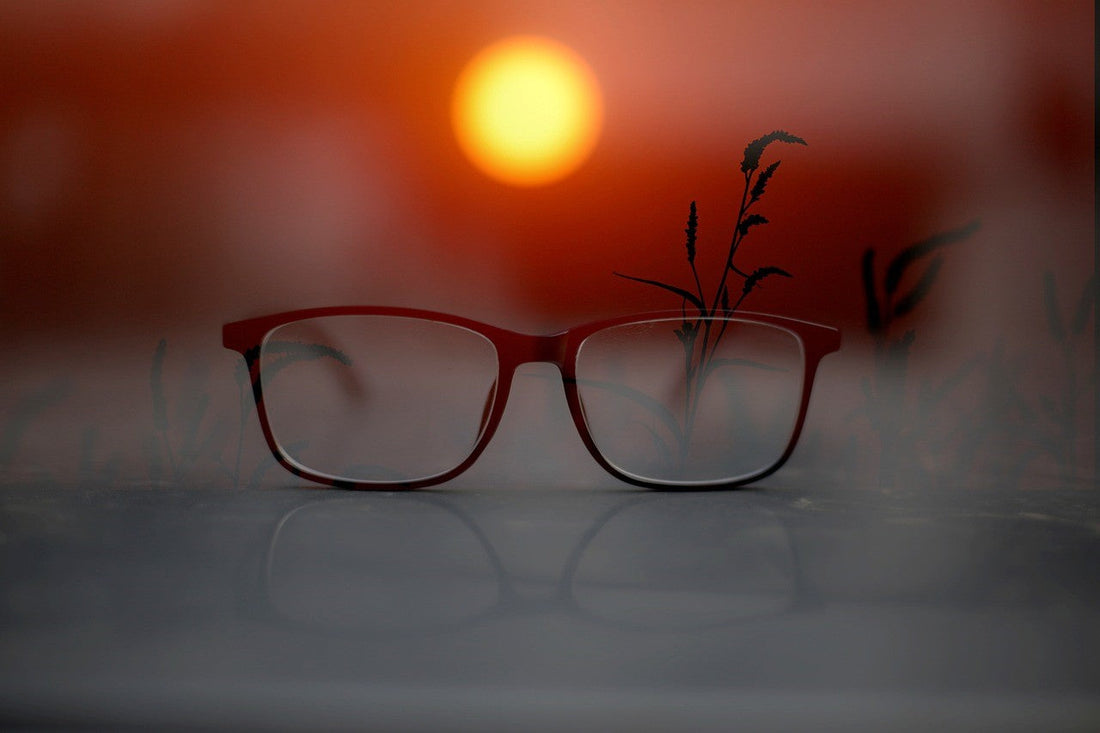Hai mai provato a correre sotto la pioggia con gli occhiali? O hai avuto la lente a contatto che si secca a metà allenamento? È frustrante. Stai facendo tutto questo sforzo per muovere il corpo, restare in salute e aumentare la forza, solo per essere distratto o rallentato dalla tua vista.
La verità è che una vista scarsa non influisce solo su come vedi, ma anche su come ti muovi, come ti senti e persino su quanto ti piace fare esercizio. Se quest'anno ti sei posto obiettivi ambiziosi di fitness, i tuoi occhi meritano di far parte di quel piano.
Immagine di mosharrof31 acceso Pixabay
Molte persone investono in attrezzature high-tech, nuovi programmi di allenamento e piani nutrizionali, ma trascurano uno dei loro strumenti più vitali: la vista. Quando la tua vista non funziona al meglio, l'esercizio può diventare più scomodo, meno efficiente e talvolta anche pericoloso. Non si tratta solo di vedere chiaramente; si tratta di esibirsi con sicurezza ed evitare battute d'arresto inutili.
Esaminiamo più da vicino come la vista e il fitness siano connessi e cosa puoi fare per assicurarti che la tua vista supporti i tuoi obiettivi, senza rallentarli.
Perché una buona vista è più importante di quanto pensi
Potresti non associare subito la vista alle prestazioni atletiche, ma i due sono strettamente collegati.
Una vista chiara gioca un ruolo importante in:
-
Equilibrio e coordinazione: Che tu pratichi yoga o sollevi pesi, una buona vista aiuta il corpo a rimanere centrato e stabile.
-
Percezione della profondità: Fondamentale in sport come basket, tennis o corsa su sentieri, dove valutare rapidamente la distanza è importante.
-
Tempo di reazione: Prendere una palla, evitare un ostacolo o correggere la postura durante uno squat dipendono da un rapido processamento visivo.
Quando la tua vista è compromessa, le tue prestazioni ne risentono e il rischio di infortuni può aumentare.
Le difficoltà di allenarsi con occhiali o lenti a contatto
Se indossi occhiali o lenti a contatto, probabilmente hai affrontato almeno uno di questi problemi:
-
Occhiali che si appannano durante una corsa o si bagnano durante un allenamento HIIT
-
Montature che scivolano sul naso quando sudi
-
Lenti a contatto che si seccano o irritano durante la sessione
-
Preoccuparsi di perdere una lente mentre si nuota o si va in bicicletta
Questi non sono solo fastidi—sono distrazioni che possono distogliere la tua attenzione dall'attività stessa. Col tempo, questo può portare a frustrazione o addirittura a una diminuzione della motivazione.
Ecco perché sempre più persone attive stanno esplorando soluzioni a lungo termine parlando con Chirurghi oculari LASIK riguardo alla correzione definitiva della loro vista.
La fiducia inizia con la chiarezza
Non si tratta solo di abilità fisica—i problemi di vista possono influenzare anche il tuo stato mentale.
-
Hai mai esitato prima di provare una nuova lezione di gruppo perché eri preoccupato di non vedere chiaramente l'istruttore?
-
O ti sei sentito insicuro sulla tua postura durante l'allenamento con i pesi perché lo specchio appariva un po' sfocato?
Questi piccoli momenti di dubbio possono erodere la tua fiducia nel tempo. Ma quando la tua vista è chiara, è più facile rimanere concentrati, sentirsi in controllo e focalizzarsi sui progressi.
Una vista chiara supporta una mente lucida—e questo può fare tutta la differenza nel tuo percorso di fitness.
Soluzioni visive per uno stile di vita attivo
La buona notizia? Hai opzioni—e sono migliori che mai.
Ecco alcuni modi in cui le persone con stili di vita attivi gestire la loro vista:
-
Occhiali specifici per lo sport: Montature resistenti e antiscivolo progettate per il movimento e il sudore. Alcuni modelli sono dotati di lenti antiappannamento e protezione UV, perfetti per gli allenamenti all'aperto.
-
Lenti a contatto giornaliere: Una lente fresca e pulita ogni giorno di allenamento—meno rischio di accumuli o fastidi. Sono particolarmente utili per chi suda molto o pratica sport ad alto impatto, poiché riducono la probabilità di irritazioni o spostamenti della lente.
-
Procedure di correzione della vista: Opzioni come LASIK o PRK offrire chiarezza a lungo termine, liberandoti dal fastidio delle lenti del tutto. Queste procedure rimodellano la cornea per correggere problemi visivi comuni come la miopia o l'astigmatismo. Molti atleti che si qualificano per queste procedure riportano miglioramenti drastici sia nella vista che nel comfort.
Vale la pena notare che non tutti sono candidati per la chirurgia, e i risultati possono variare, quindi è importante consultare un oftalmologo qualificato. Potranno aiutarti a valutare le tue esigenze specifiche e guidarti verso la soluzione più appropriata per i tuoi obiettivi e stile di vita.
Ogni opzione ha i suoi pro e contro a seconda della salute dei tuoi occhi, della tua routine e delle tue preferenze. La chiave è parlare con un professionista qualificato della cura degli occhi su ciò che è giusto per te—e rendere la tua vista parte del tuo strategia di fitness complessiva.
Come una vista migliore migliora le prestazioni
Ancora non sei convinto che la tua vista possa influenzare i tuoi allenamenti? Ecco solo alcuni modi in cui una visione più chiara può migliorare il tuo fitness:
-
Focus più nitido: Puoi seguire meglio le routine, le istruzioni o la tua forma allo specchio.
-
Maggiore sicurezza: Evita ostacoli su cui inciampare, individua correttamente i pesi e muoviti con fiducia.
-
Più libertà: Dì addio a dover aggiustare continuamente gli occhiali o a preoccuparti di perdere le lenti a contatto.
-
Allenamenti più lunghi: Meno irritazione significa meno motivi per interrompere la sessione prima del previsto.
Esempio reale: Immagina di fare yoga senza lenti appannate o di correre una gara senza la paura di perdere una lente a contatto. Quella libertà mentale e il comfort fisico fanno la differenza.
Immagine di AndiP acceso Pixabay
Conclusione: Vedi i tuoi obiettivi più chiaramente
Tu lavora sodo per rimanere attivo. Ti alleni, ti allunghi, nutri il tuo corpo e ti presenti con costanza. Ma se la tua vista rende quel processo più difficile di quanto dovrebbe essere, potrebbe essere il momento di cambiare qualcosa.
Non lasciare che una vista scarsa limiti il tuo potenziale. Che si tratti di aggiornare la tua prescrizione o di considerare soluzioni a lungo termine, investire nella tua vista potrebbe essere l'aggiornamento che mancava alla tua routine di fitness.
Quando i tuoi occhi sono acuti e la tua mente è chiara, i tuoi obiettivi sono molto più vicini di quanto sembri.
Ti è piaciuto questo articolo? Potresti anche apprezzare:
- Trasforma la tua vita: il potere dei discorsi motivazionali sul fitness
- Corda per saltare + Digiuno intermittente: la combinazione definitiva per la perdita di grasso
- Battle Ropes 101: La Guida Definitiva per Iniziare
- Corda per Saltare per Anziani: I Benefici della Corda per Saltare per il Fitness degli Anziani
